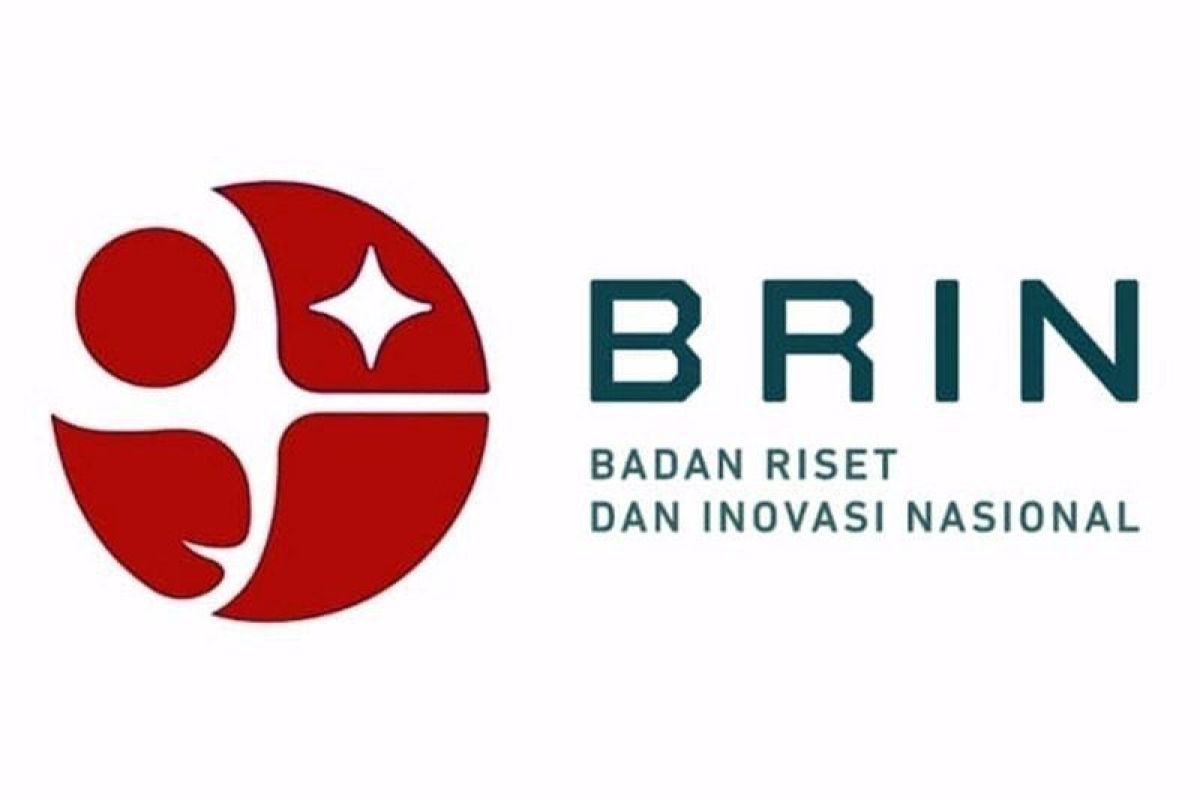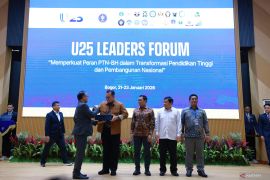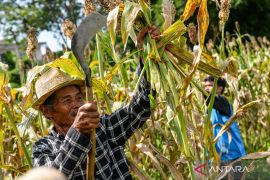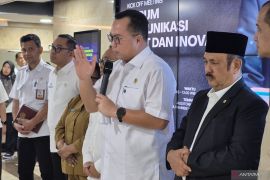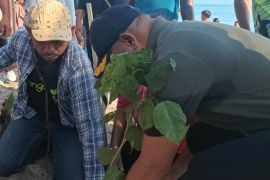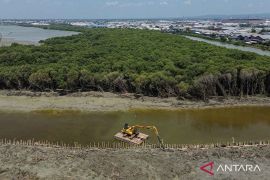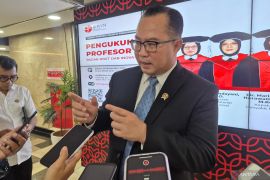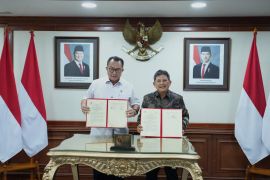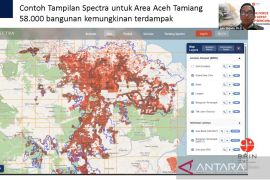A release from BRIN obtained by ANTARA here on Monday stated that 14 countries with 685 participants attended the event held on July 9-11.
The symposium, hosted by the UN FAO and co-hosted by local organizations, presented and discussed 46 topics related to the scientific aspects of black soil management.
In addition, this symposium assessed the progress of a country's initiative and research on the sustainable utilization of black soils.
BRIN's senior soil researcher, Dr Yiyi Sulaeman, who represented Indonesia, delivered a presentation on climate-smart black soil management in Indonesia.
He elaborated on the experience and challenges as well as proposed a precise climate-smart black soil management approach.
Black soils store large amounts of soil organic carbon, which plays a crucial role in soil water-holding capacity and soil nutrient provision, thereby leading to high crop productivity.
Hence, this soil is instrumental in addressing food security, climate change, and land degradation neutrality.
Related news: Indonesia urges world to collectively tackle climate change
More than 6.3 million hectares of black soil are found in Indonesia, mainly in East Nusa Tenggara, West Nusa Tenggara, and Gorontalo Province.
Currently, black soils are used for rain-fed paddy fields, agricultural dryland, mixed gardens, and single gardens.
The main commodities produced through this management of black soils include food crops, such as rice, corn, green beans, and soybeans, as well as plantation crops comprising cocoa, coffee, coconut, palm oil, sugar palm, nutmeg, cloves, and candlenuts.
The use of black soil in Indonesia is characterized by semi-intensive and mixed farming.
Based on research and practical experience, BRIN proposed climate-smart black soil management in rain-fed paddy fields, conservation agriculture in dryland, and agroecology practices in mixed and single gardens to increase crop productivity and production while adapting to the impacts of climate change.
In line with the climate resilience development initiative promoted by the Indonesian government, BRIN conducts extensive research and is open to sharing research experiences and exchanging knowledge on tropical black soil management with other countries.
They also welcomed future research collaborations on black soil management.
Related news: Jakarta, Tokyo discuss commitment to deal with climate change
Reporter: Katriana
Editor: Yuni Arisandy Sinaga
Copyright © ANTARA 2024
